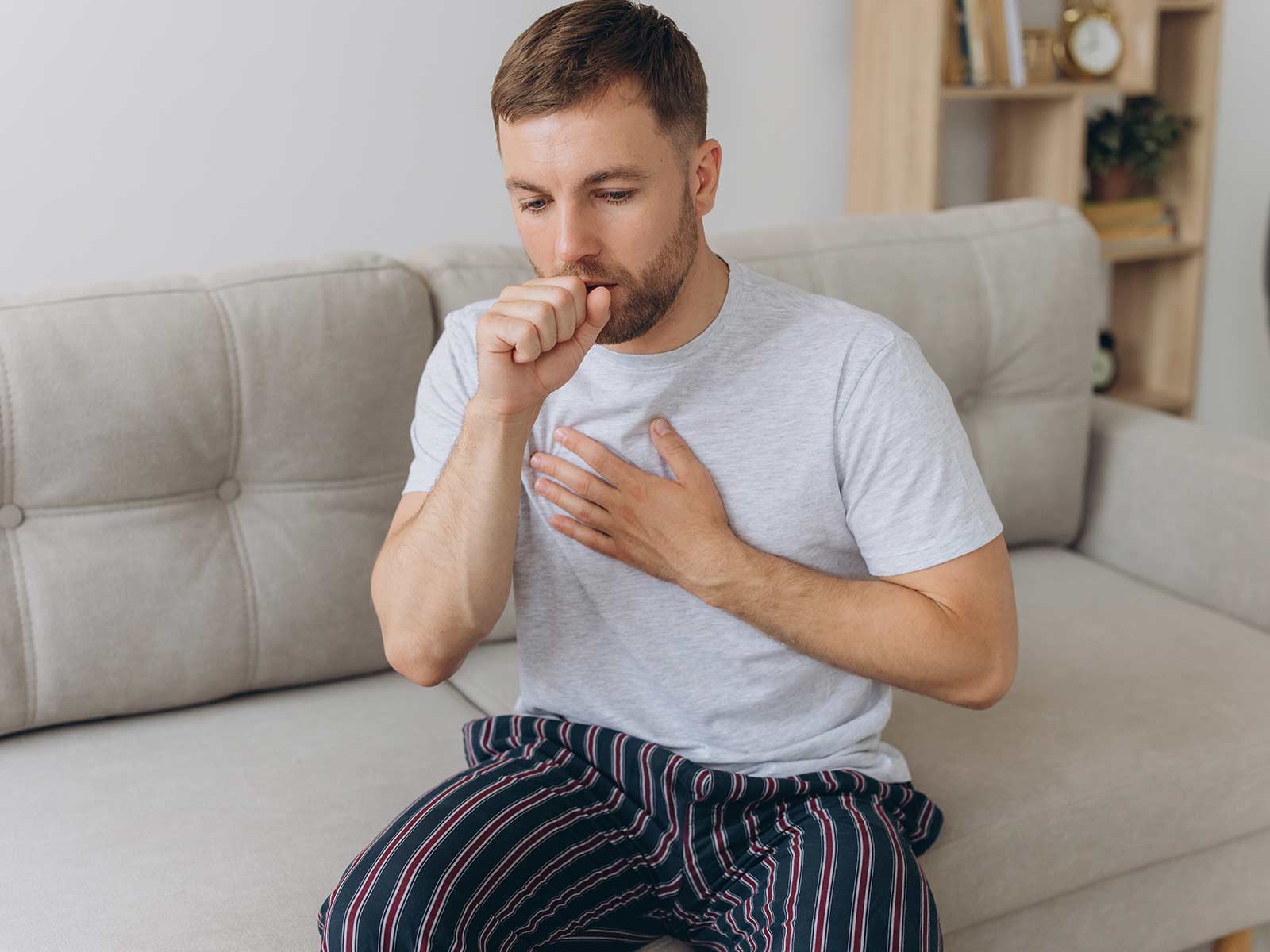
An esophageal stricture is a narrowing of the esophagus, the tube that carries food from your mouth to your stomach. This tightening makes swallowing difficult and may cause pain or discomfort. At GastroDoxs in Jersey Village, our specialists provide gentle, expert diagnosis and care.
Symptoms often start mild and worsen over time. Look out for:
Esophageal strictures develop from damage or irritation to the esophagus lining. Common causes include:
At GastroDoxs, our board-certified gastroenterologists use state-of-the-art endoscopy and imaging to precisely diagnose and treat esophageal strictures. We craft personalized care plans-whether medication management or endoscopic dilation-to restore your comfort and quality of life. Don't let swallowing difficulties slow you down. Call our Cypress office today or book your appointment online to take the first step toward easier, pain-free eating.
We've successfully treated more than 677 patients, helping individuals improve their digestive health and overall well-being through expert, personalized care.
With over 20 years of experience, GastroDoxs has been a trusted provider of gastroenterology care, focusing on delivering the best outcomes for patients
An esophageal stricture is a narrowing of the esophagus-the tube that carries food from the throat to the stomach-often caused by scar tissue or inflammation, which makes swallowing difficult.
Common causes include chronic acid reflux (GERD), long-term acid exposure (peptic strictures), certain throat-irritating medications, radiation therapy to the chest, and ingestion of corrosive substances.
Symptoms often include difficulty swallowing solid foods, the sensation of food sticking in the throat, pain when swallowing, unintentional weight loss, and persistent heartburn or regurgitation.
A barium swallow test uses X-ray imaging after you drink a barium solution to map the esophagus, revealing the location, length, and tightness of a stricture before treatment.
The ICD-10 code for esophageal stricture is K22.2, which is used in medical records and insurance billing.
Peptic strictures specifically result from prolonged acid reflux damaging the esophagus, whereas other strictures can stem from injury, radiation, disease, or chemical burns.
Yes. Treatments may include proton pump inhibitors (PPIs) and H2 blockers to reduce acid production, as well as anti-inflammatory drugs to alleviate swelling.
Most strictures are benign. However, chronic irritation and inflammation of the esophagus can slightly increase the long-term risk of developing esophageal cancer.
Preventive steps include managing acid reflux effectively, taking pills with plenty of water, avoiding harmful or corrosive substances, and following your doctor's guidance on reflux management.
You should consult a gastroenterologist if you experience persistent swallowing difficulties, unexpected weight loss, ongoing heartburn, or any symptoms that interfere with eating comfortably.